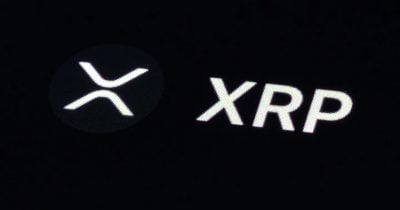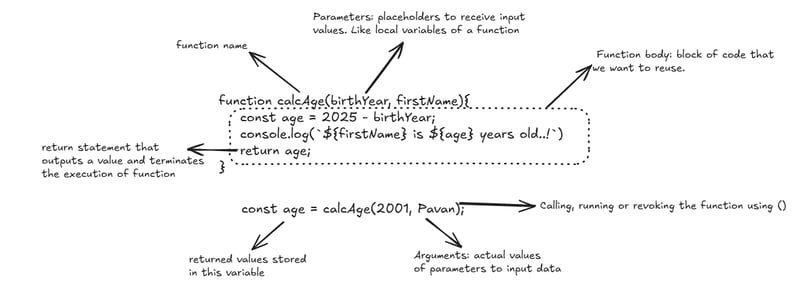Weekly Challenge: Counting the XOR
Weekly Challenge 308 Each week Mohammad S. Anwar sends out The Weekly Challenge, a chance for all of us to come up with solutions to two weekly tasks. My solutions are written in Python first, and then converted to Perl. It's a great way for us all to practice some coding. Challenge, My solutions Task 1: Count Common Task You are given two array of strings, @str1 and @str2. Write a script to return the count of common strings in both arrays. My solution The tasks and examples don't mention what to do if a string appears more than once in both arrays. I've made the assumption that we only need to return it once. For the command line input, I take two strings that are space separated as shown in the example. In Python this is a one liner. I turn the lists into sets (which only has unique values) and take the length of the intersection of these two sets. def count_common(str1: list, str2: list) -> int: return len(set(str1) & set(str2)) Perl does not have sets or intersections built in. For the Perl solution, I turn both strings into a hash with the key being the strings. I then iterate through the keys of the first hash to see if they appear in the second hash. If they do, I increment the count variable. sub main (@inputs) { my %str1 = map { $_, 1 } split( /\s+/, $inputs[0] ); my %str2 = map { $_, 1 } split( /\s+/, $inputs[1] ); my $count = 0; foreach my $str ( keys %str1 ) { $count++ if exists $str2{$str}; } say $count; } Examples $ ./ch-1.py "perl weekly challenge" "raku weekly challenge" 2 $ ./ch-1.py "perl raku java" "python java" 1 $ ./ch-1.py "guest contribution" "fun weekly challenge" 0 Task 2: Decode XOR Task You are given an encoded array and an initial integer. Write a script to find the original array that produced the given encoded array. It was encoded such that encoded[i] = orig[i] XOR orig[i + 1]. My solution This is relatively straight forward. For the command line input, I take the last value as the initial integer, and the rest as the encoded integers. For this task, I create the orig list (array in Perl) with the initial value. I then iterate over each item in the encoded list and takes the exclusive-or of it and the last value in the orig list. def decode_xor(encoded: list, initial: int) -> list: orig = [initial] for i in encoded: orig.append(i ^ orig[-1]) return orig Examples $ ./ch-2.py 1 2 3 1 [1, 0, 2, 1] $ ./ch-2.py 6 2 7 3 4 [4, 2, 0, 7, 4]

Weekly Challenge 308
Each week Mohammad S. Anwar sends out The Weekly Challenge, a chance for all of us to come up with solutions to two weekly tasks. My solutions are written in Python first, and then converted to Perl. It's a great way for us all to practice some coding.
Task 1: Count Common
Task
You are given two array of strings, @str1 and @str2.
Write a script to return the count of common strings in both arrays.
My solution
The tasks and examples don't mention what to do if a string appears more than once in both arrays. I've made the assumption that we only need to return it once.
For the command line input, I take two strings that are space separated as shown in the example.
In Python this is a one liner. I turn the lists into sets (which only has unique values) and take the length of the intersection of these two sets.
def count_common(str1: list, str2: list) -> int:
return len(set(str1) & set(str2))
Perl does not have sets or intersections built in. For the Perl solution, I turn both strings into a hash with the key being the strings. I then iterate through the keys of the first hash to see if they appear in the second hash. If they do, I increment the count variable.
sub main (@inputs) {
my %str1 = map { $_, 1 } split( /\s+/, $inputs[0] );
my %str2 = map { $_, 1 } split( /\s+/, $inputs[1] );
my $count = 0;
foreach my $str ( keys %str1 ) {
$count++ if exists $str2{$str};
}
say $count;
}
Examples
$ ./ch-1.py "perl weekly challenge" "raku weekly challenge"
2
$ ./ch-1.py "perl raku java" "python java"
1
$ ./ch-1.py "guest contribution" "fun weekly challenge"
0
Task 2: Decode XOR
Task
You are given an encoded array and an initial integer.
Write a script to find the original array that produced the given encoded array. It was encoded such that encoded[i] = orig[i] XOR orig[i + 1].
My solution
This is relatively straight forward. For the command line input, I take the last value as the initial integer, and the rest as the encoded integers.
For this task, I create the orig list (array in Perl) with the initial value. I then iterate over each item in the encoded list and takes the exclusive-or of it and the last value in the orig list.
def decode_xor(encoded: list, initial: int) -> list:
orig = [initial]
for i in encoded:
orig.append(i ^ orig[-1])
return orig
Examples
$ ./ch-2.py 1 2 3 1
[1, 0, 2, 1]
$ ./ch-2.py 6 2 7 3 4
[4, 2, 0, 7, 4]








































































































































































![[The AI Show Episode 143]: ChatGPT Revenue Surge, New AGI Timelines, Amazon’s AI Agent, Claude for Education, Model Context Protocol & LLMs Pass the Turing Test](https://www.marketingaiinstitute.com/hubfs/ep%20143%20cover.png)


















































































































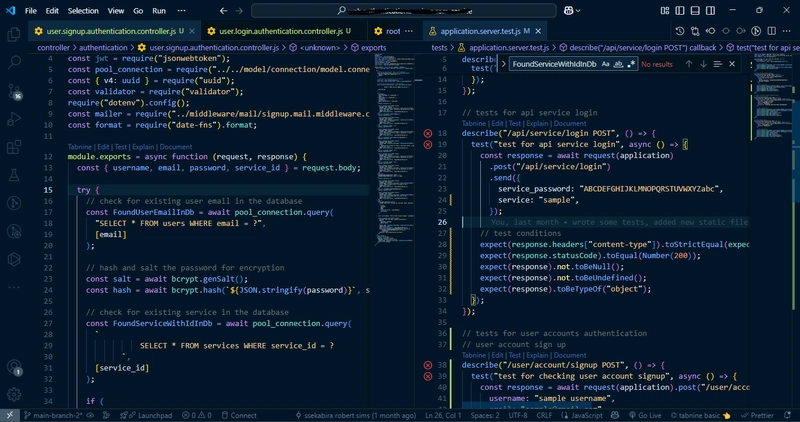


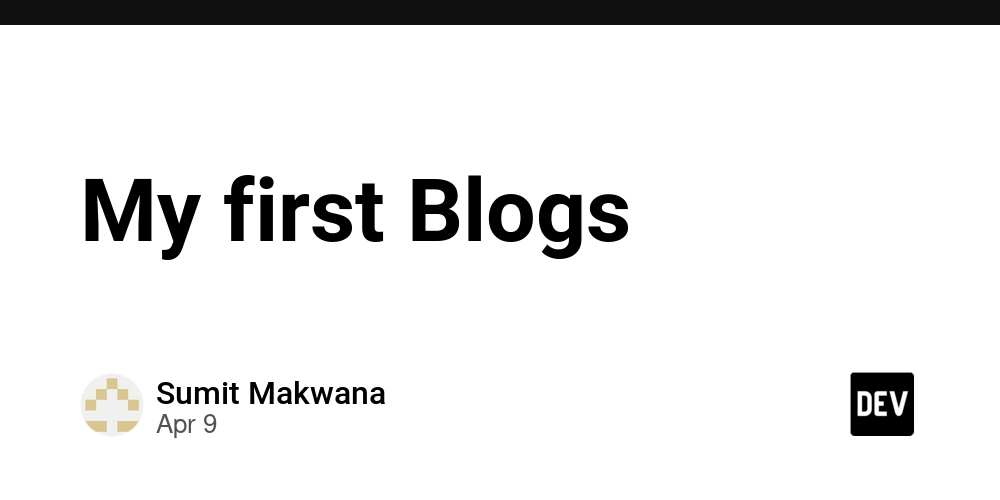













![From drop-out to software architect with Jason Lengstorf [Podcast #167]](https://cdn.hashnode.com/res/hashnode/image/upload/v1743796461357/f3d19cd7-e6f5-4d7c-8bfc-eb974bc8da68.png?#)









































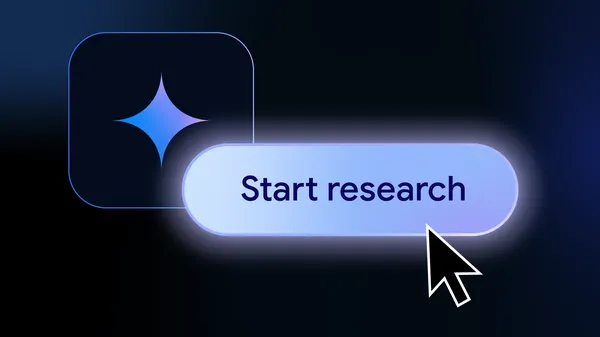
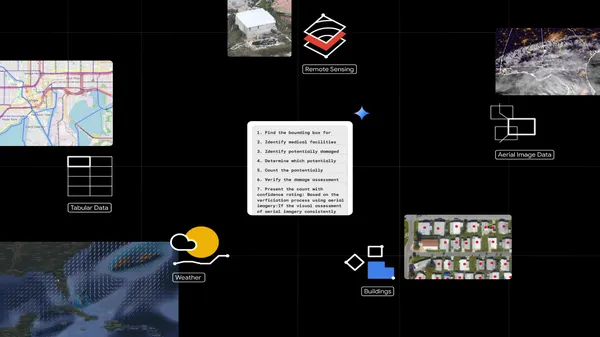






























































.jpg?#)































_ArtemisDiana_Alamy.jpg?#)


 (1).webp?#)




































































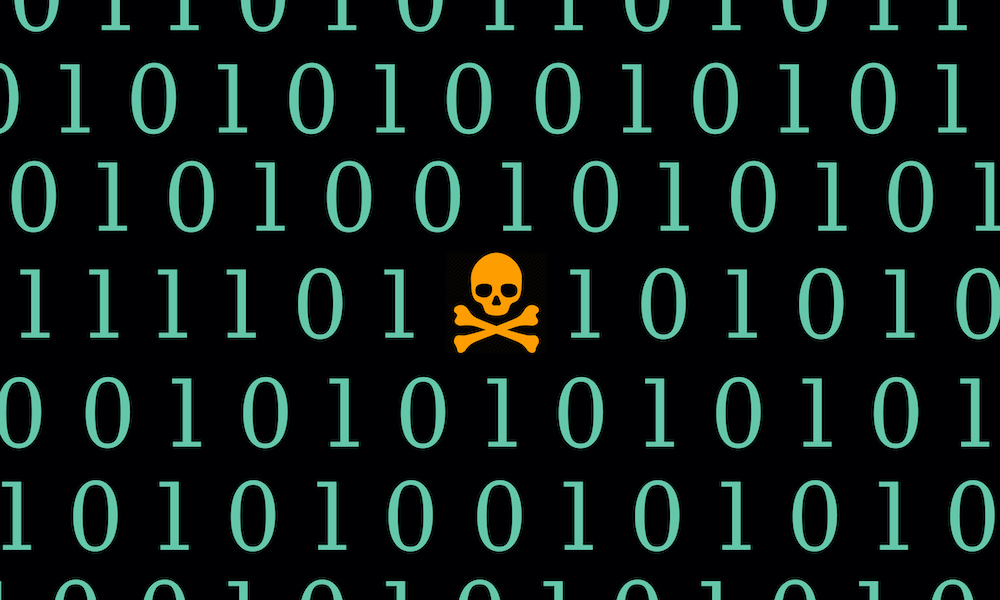
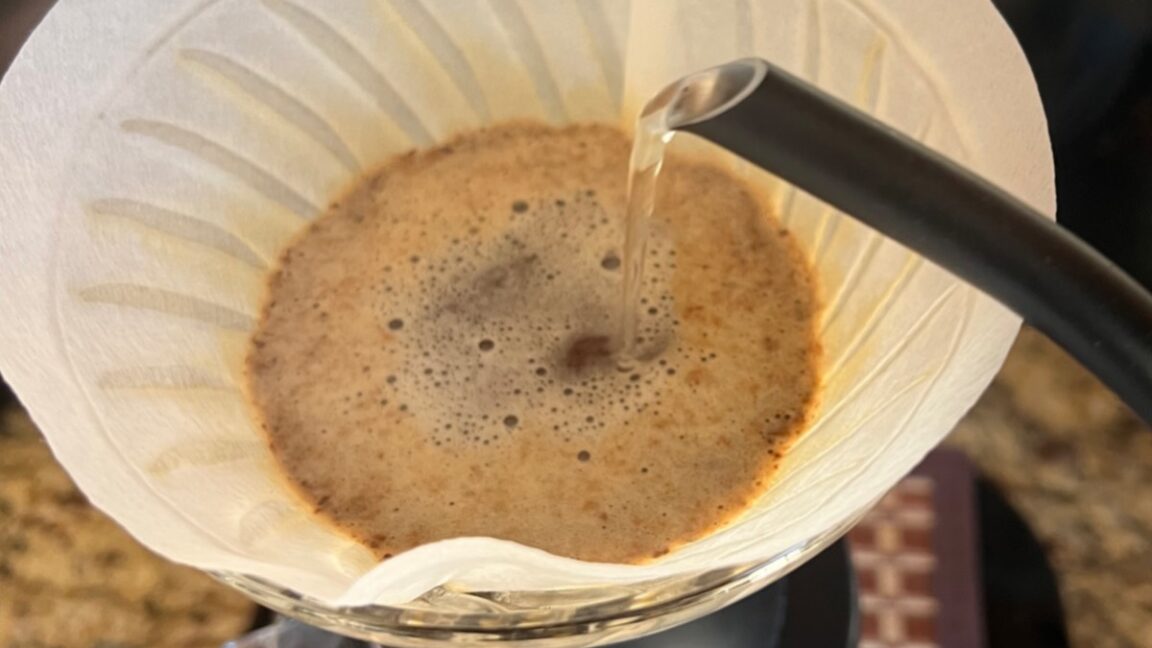


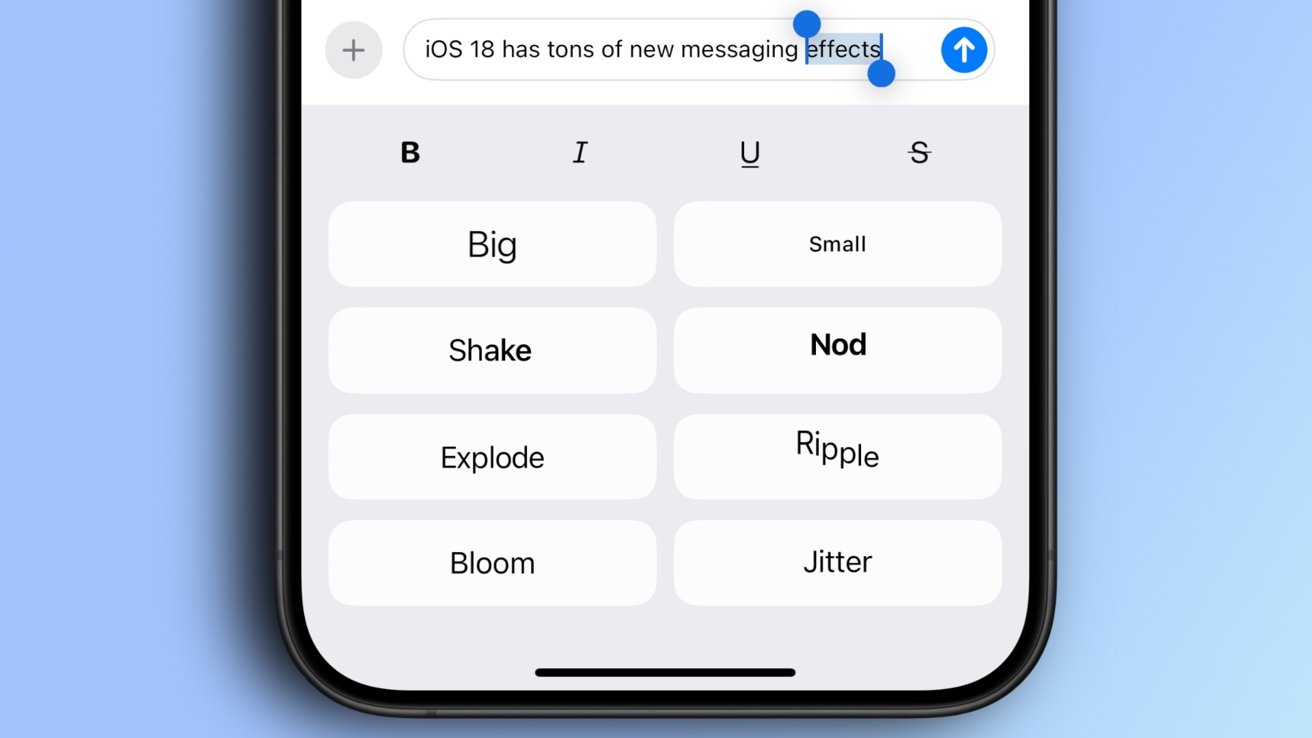
-xl.jpg)


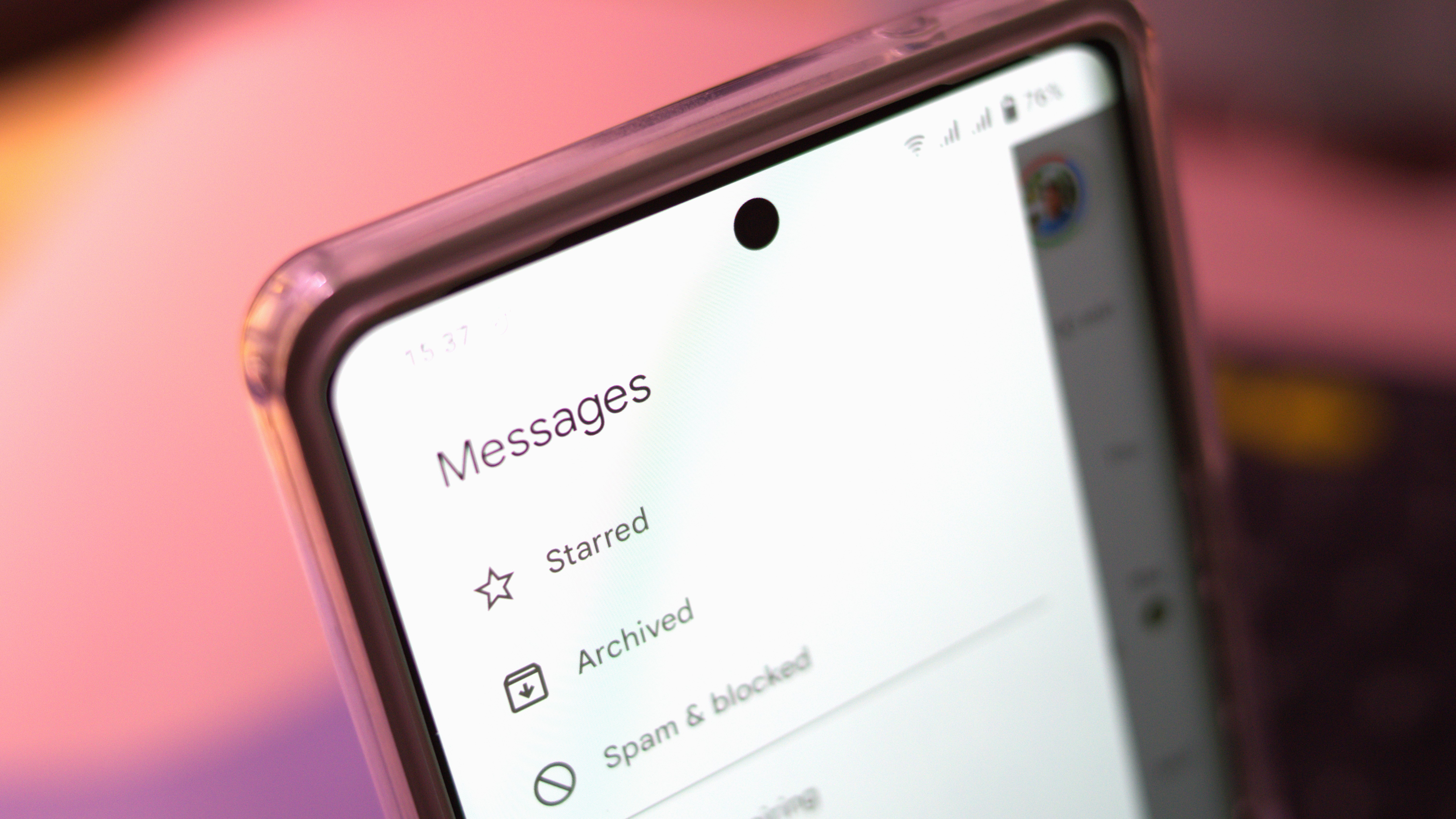









![Yes, the Gemini icon is now bigger and brighter on Android [U]](https://i0.wp.com/9to5google.com/wp-content/uploads/sites/4/2025/02/Gemini-on-Galaxy-S25.jpg?resize=1200%2C628&quality=82&strip=all&ssl=1)










![Apple Rushes Five Planes of iPhones to US Ahead of New Tariffs [Report]](https://www.iclarified.com/images/news/96967/96967/96967-640.jpg)
![Apple Vision Pro 2 Allegedly in Production Ahead of 2025 Launch [Rumor]](https://www.iclarified.com/images/news/96965/96965/96965-640.jpg)










































































































